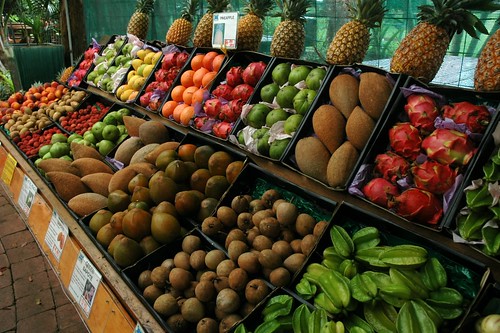
Winter is the time when TheGardenLady dreams of delicious freshly harvested fruit. We are lucky to live in an age when we can buy and eat fruit all year long. But between harvesting the fruits in countries like Chile and eating them when one buys them in the Supermarket here in the Northeast during the winter, leaves a lot to be desired, tastewise. Sadly, most fruit sold is tastless.
I recently read a book about people who travel around the world hunting for exotic fruits. The book is called The “Fruit Hunters” by Adam Leith Gollner. The book is filled with fascinating facts about fruits and about people who are obsessed with finding them. Someone said that there are about 2 trillion different types of food in the world on the 7 continents. Even if there aren’t that many fruits and vegetables, there are just a handful of fresh fruits and vegetables sold in our supermarket with very few fruit choices ( with the new Asian food stores popping up around the country, there are a few more fresh fruits offered for sale.)
In Israel, for example, they are starting to raise some of the exotic fruits. One of my favorite exotic fruits from Israel is the Sharon fruit that tastes like the Fuyu persimmons that I ate in Japan. Maybe American supermarkets will import more of the exotic fruits from Israel. Here is a list of some more of them:
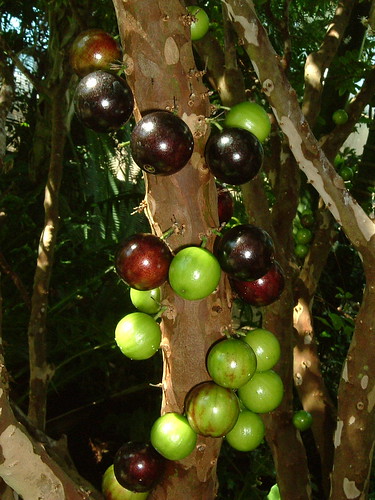
Jaboticaba
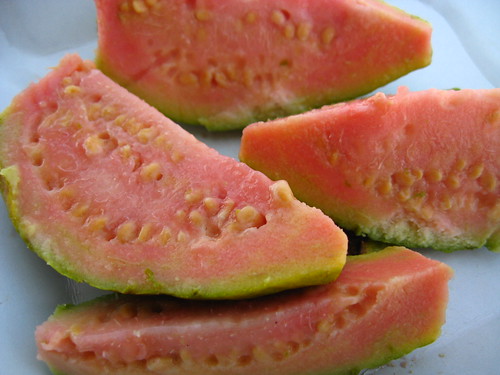
pink guava

Red Strawberry guava
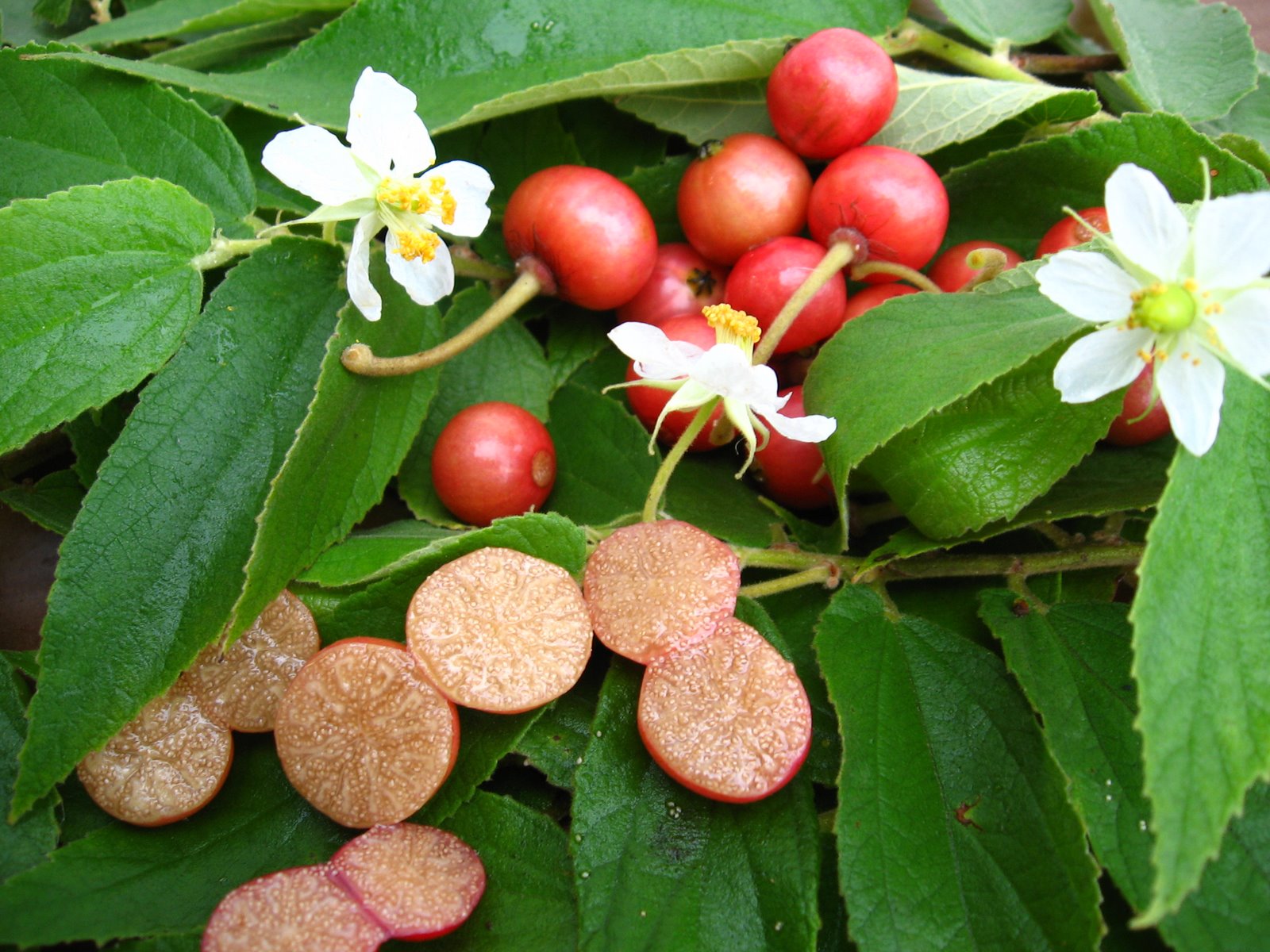
Panama berry
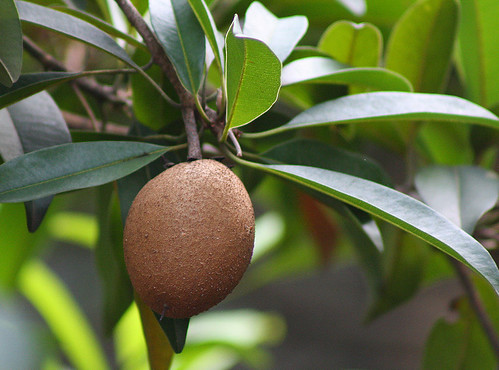
Sapodilla

White sapote

Uzrar
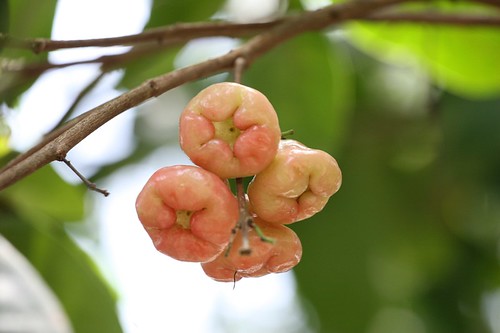
Water apple

Peanut butter fruit bunchosia argentea

Vangueria infausta

Kei apple
Many years ago my family was friendly with a family from Pakistan. The husband was an exchange professor. He was homesick for Mangoes. In the US at the time a shopper could only find one type of mango in the grocery store, if there were any at all. And that one type of mango wasn’t very tasty. This man described so many delicious varieties or cultivars that grew in Pakistan, I listened skeptically as if he were telling a fairy tale. These days one can find two or maybe three varieties of mangoes in the supermarket and though they are better than those sold years ago I can’t imagine what the ones he described were like. Yet as our friend had told me years ago, there are many hundreds of named mango cultivars. In mango orchards, several cultivars are often intermixed to create even more types.
And with all the other wonderful fruits that could be brought to our stores, I imagine that I could become a fruitarian. But only if the fruit is not tampered with and is at its sweet ripe stage for eating when I buy it in the market. How I dream that we could import more varieties of fruit. But I am fantasizing.
That is why I found “The Fruit Hunters” such a fascinating read. And now I want to vacation in Hawaii where Gollner says many of the exotic fruits mentioned in the book are raised. If I go to Hawaii at harvest time, I will be able to sample fruit at peak ripeness. For example, the Durian, called the King of Fruits, that Gollner writes about, I found for sale in my neighborhood Asian Supermarket. But I haven’t had the nerve to buy or try it because I am not sure when this fruit is at its peak to eat. “The famous 19th century naturalist, Alfred Russell Wallace, said after he ate his first durian in Borneo: “A rich, butter-like custard highly flavored with almonds, but intermingled with wafts of flavor that call to mind cream cheese, onion sauce, brown sherry and other incongruities. The more you eat of it, the less you feel inclined to stop.” The Durian originally from Borneo is now raised in Hawaii.
Once I taste these exotic fruits, perhaps I will treat myself to “The Great Exotic Fruit Book: A Handbook with Recipes” by Norman Van Aken and John Harrisson
